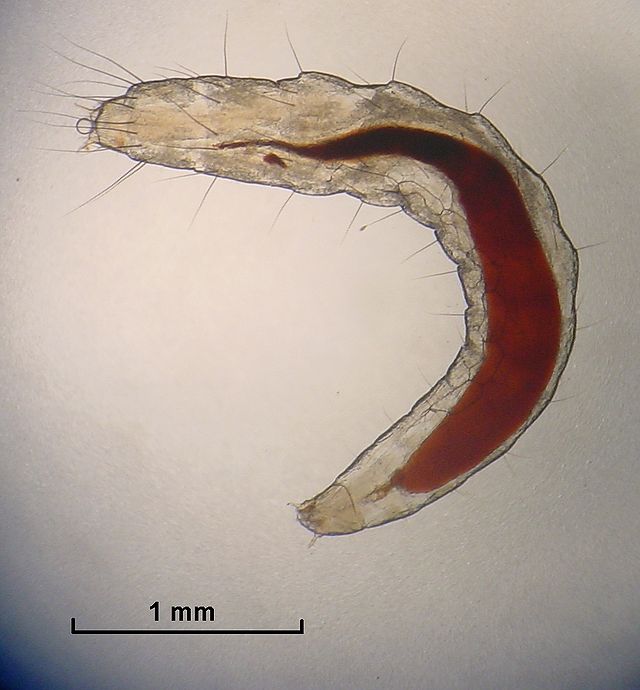Fleas have evolved over the course of millions of years to become one of the most resilient pests on the planet. These blood-sucking parasites are driven by instinct, with the purpose of finding a host and reproducing. If you’re trying to control a flea infestation in your home, you should first familiarize yourself with some of the different factors that affect its lifespan. Knowing these factors will allow you to make smarter decisions regarding treatment, and prevention, of these pests.
Generally speaking, adult fleas live an average of 30-90 days. In ideal conditions, though, they can live several years. This is why it’s important for homeowners to act fast at the first sign of an infestation, because allowing these parasites to persist could result in a massive infestation.
Humidity
Humidity plays a direct role in the flea’s overall lifespan. Whether it’s the Cat flea (Ctenocephalides felis), Dog flea (Ctenocephalides canis), Human flea (Pulex irritans), Moorhen flea (Dasypsyllus gallinulae), Northern rat flea (Nosopsyllus fasciatus), or Oriental rat flea (Xenopsylla cheopis), all fleas need a humid environment to thrive. In fact, the environment must possess a minimum 75% relative humidity (RH) for flea eggs to hatch, and a 50% RH for adult fleas to survive.
Temperature
Humidity isn’t the only element that affects a flea’s lifespan. Fleas prefer warm-to-hot temperatures of 70 degrees Fahrenheit or higher. By dropping the thermostat in your home down to 69 degrees or below, you can reduce their lifespan. Some fleas won’t even be able to emerge from their egg state unless the temperature is warm enough, so don’t underestimate the impact of temperature on an infestation.
Food
Of course, food (or lack thereof) will also affect a flea’s lifespan. Families who own dogs, cats, and/or ferrets are more likely to experience a lingering flea infestation to the readily available source of food. The fleas will stay in areas of high pet activity, such as the pet’s beds, where they can continue feasting and gorging themselves with blood. Treating your pets with a premium flea medicine will inevitably reduce the lifespan of these parasites.
Note: without a source of food, fleas will only live for a few days.
The bottom line is that people struggling to control a flea infestation should focus on humidity, temperature and food. Lowering the humidity, raising the temperature, and treating your pet’s with a premium flea medicine will drastically reduce the flea’s lifespan so they are no longer able to thrive.

